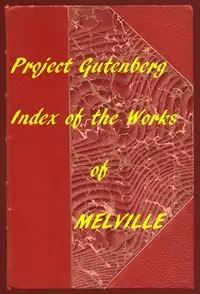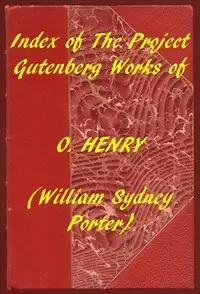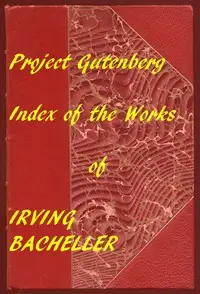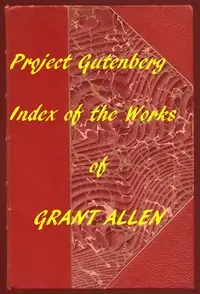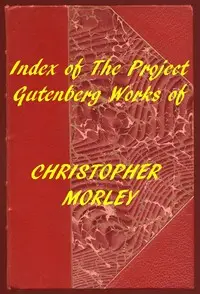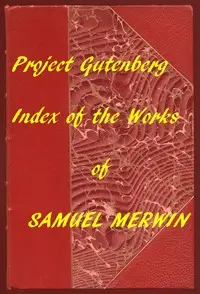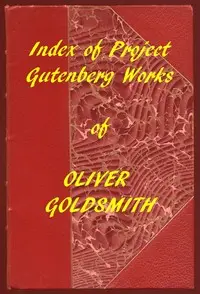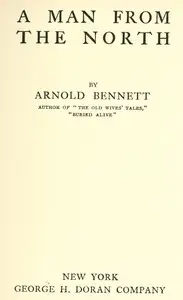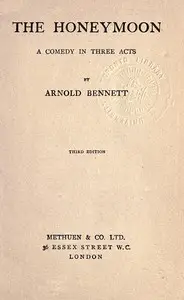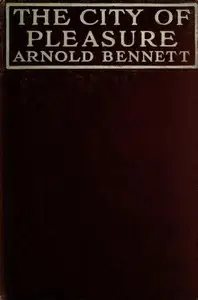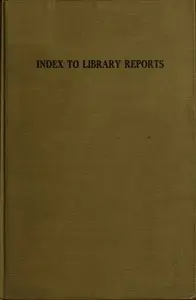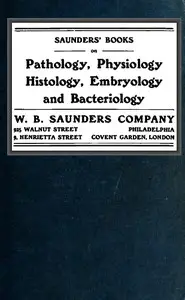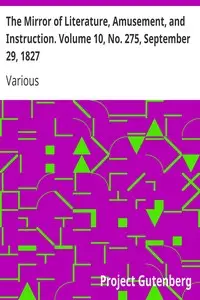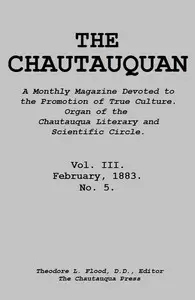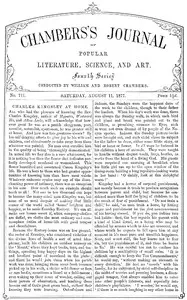** "Index of the Project Gutenberg Works of Arnold Bennett" by Arnold Bennett serves as a roadmap to the author's literary world, filled with fiction, essays, and guidance from the early 1900s. It organizes prominent stories like "The Old Wives' Tale," "The Grand Babylon Hotel," and "How to Live on 24 Hours a Day," showcasing Bennett's range in novels, self-improvement, and social critiques. Likely exploring themes from daily routines to personal success and literature, it's a helpful guide for navigating his writings, highlighted by his observations of life and beyond. Bennett's work examines relationships, social behaviors, and dreams, and offers advice for a rewarding life, seen in "How to Live on 24 Hours a Day," plus stories that describe the past, such as the hardships faced by characters in "The Old Wives' Tale," making it key for those who love classic books and want to understand life from Bennett's point of view. **
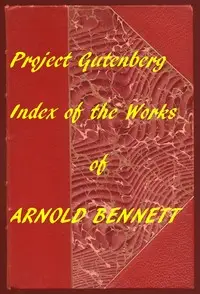
Index of the Project Gutenberg Works of Arnold Bennett
By Arnold Bennett
** Discover a writer's collection of stories, offering everything from practical life tips to tales that highlight the complexities of relationships and society in a bygone era.
Summary
About the AuthorEnoch Arnold Bennett was an English author, best known as a novelist, who wrote prolifically. Between the 1890s and the 1930s he completed 34 novels, seven volumes of short stories, 13 plays, and a daily journal totalling more than a million words. He wrote articles and stories for more than 100 newspapers and periodicals, worked in and briefly ran the Ministry of Information during the First World War, and wrote for the cinema in the 1920s. Sales of his books were substantial, and he was the most financially successful British author of his day.
Enoch Arnold Bennett was an English author, best known as a novelist, who wrote prolifically. Between the 1890s and the 1930s he completed 34 novels, seven volumes of short stories, 13 plays, and a daily journal totalling more than a million words. He wrote articles and stories for more than 100 newspapers and periodicals, worked in and briefly ran the Ministry of Information during the First World War, and wrote for the cinema in the 1920s. Sales of his books were substantial, and he was the most financially successful British author of his day.

